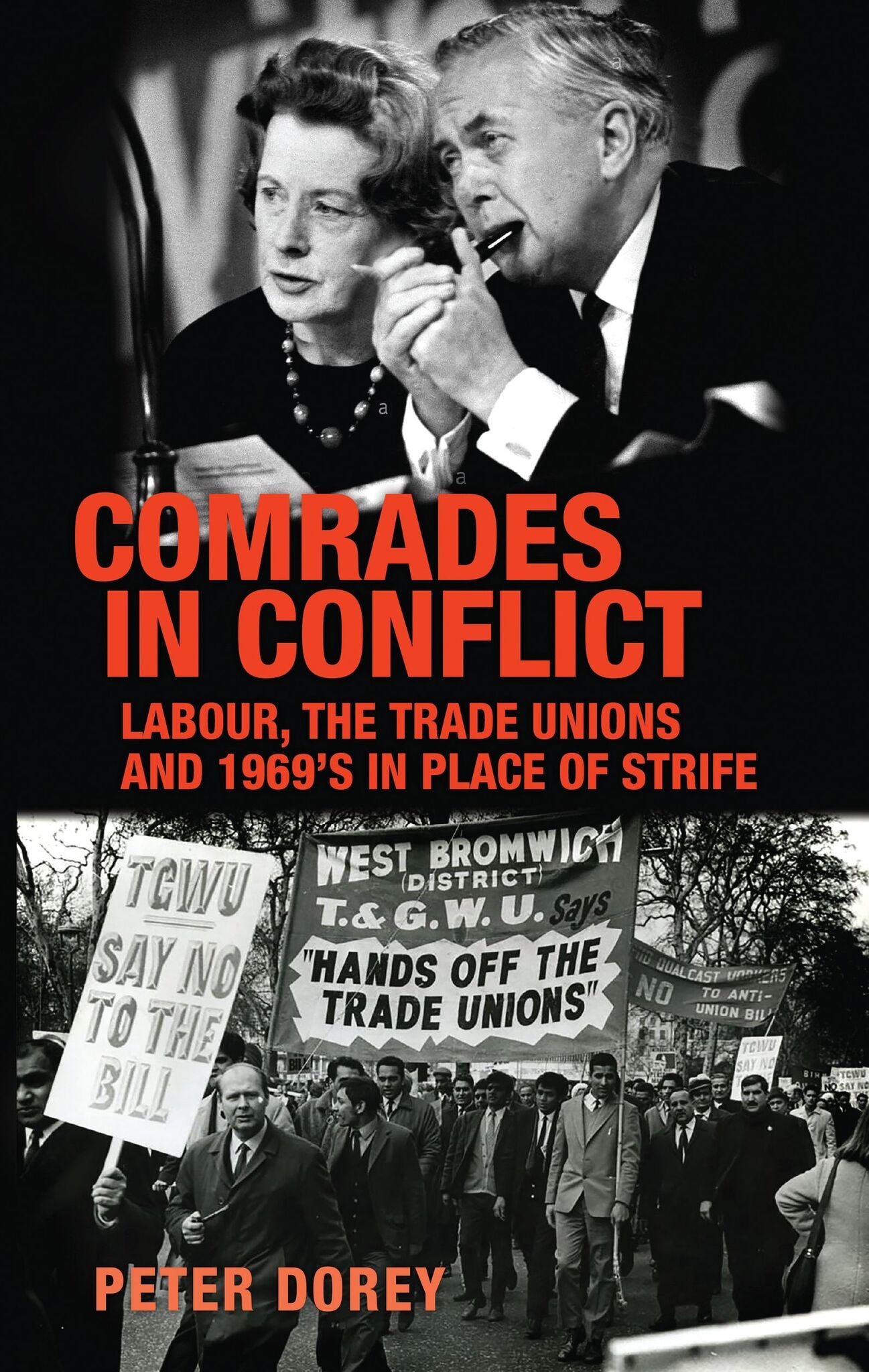We're sorry. An error has occurred
Please cancel or retry.
Comrades in conflict

Some error occured while loading the Quick View. Please close the Quick View and try reloading the page.
Couldn't load pickup availability
- Format:
-
16 April 2019


POLITICAL SCIENCE / Comparative Politics, Political parties and party platforms, POLITICAL SCIENCE / Labor & Industrial Relations, HISTORY / Europe / Great Britain / General, Politics and government, Trade unions, European history: medieval period, middle ages

'Dorey’s detailed yet highly engaged text will become a reference point and benchmark for rethinking the decline of the post-war social-democratic consensus and the nuances of industrial-relations politics. It is well written and a significant insight into the Labour Party and trade union movement of the time. It also reveals the importance of locating the specifics of political discussions and choices in the realm of political relations and historical contexts.'
Labour History Review
List of tables
Acknowledgements
List of abbreviations
Introduction
1 Emergence and Identification of the Problem
2 The Donovan Commission and its Report
3 The Initial Political response
4 Cabinet Demurrals and Diminishing Ministerial Support
5 Increasing Antipathy in the Parliamentary Labour Party
6 The Trade Unions' Implacable Hostility
7 A ‘Solemn and Binding’ Agreement
Conclusion
Bibliography
Index



